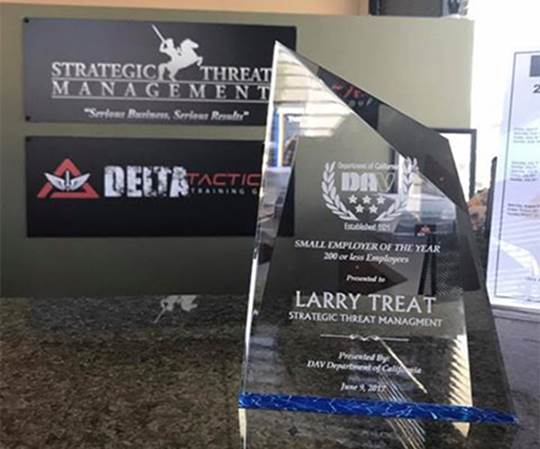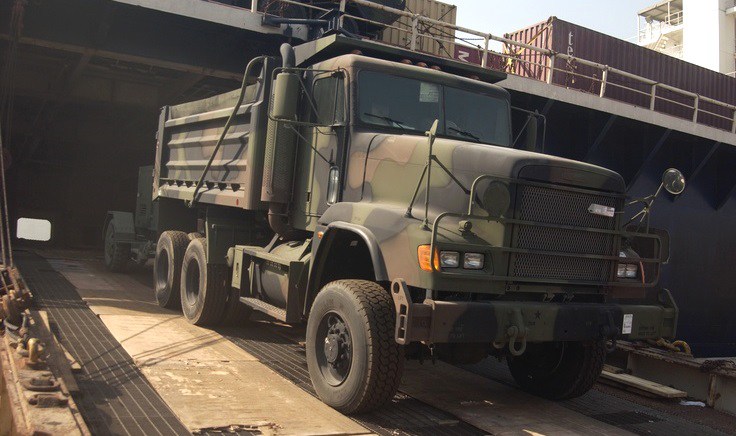Army Looking for Contract Submittals from Gun Makers for Powerful Combat Rifle

By Debbie Gregory.
Due to a potential gap in the capability of ground forces and infantry to penetrate body armor using existing ammunition, the U.S. Army is looking for an Interim Combat Service Rifle (ICSR) to address this need.
The competition for a new 7.62mm Interim Service Combat Rifle will result in up to eight contracts, procuring seven types of weapons from each gunmaker for evaluating and testing.
At the end of the testing, the Army “may award a single follow-on Federal Acquisition Regulation (FAR) based contract for the production of up to 50,000 weapons,” according to a solicitation on FedBizOpps.gov.
The service’s present plan is to evaluate the submissions against a three main factors, which are, in order of importance, the features of the “bid sample” itself, the production capability of the vendor or vendors, and the price.
The Interim Combat Service Rifle should have either 16-inch or 20-inch barrels, a collapsible buttstock, an extended forward rail and weigh less than 12 pounds unloaded and without an optic.
There is definitely a need for this sort of weapon. For years, critics have complained that insurgents and terrorists with Soviet-era weapons had better range and terminal ballistics than their American counterparts armed mainly with 5.56mm weapons.
Multiple proposals may be submitted by the same organization; however, each proposal must consist of the weapons, proposal, and System Safety Assessment Report. All proposals are due by 3 p.m. Eastern Daylight Time on Wednesday, September 6, 2017.











